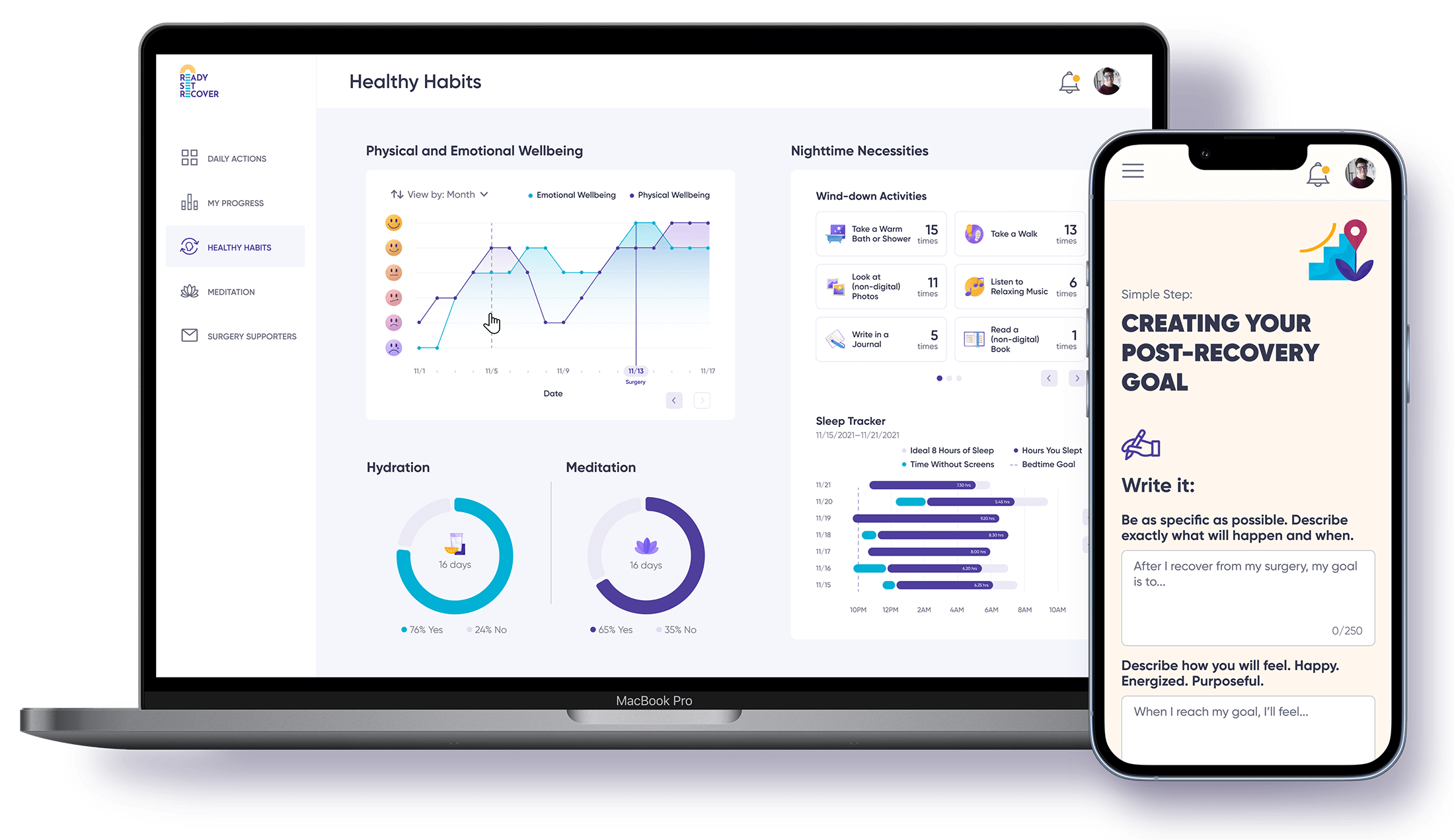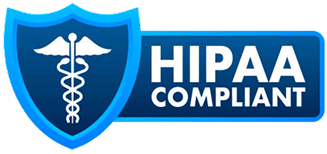Sleep is Critical for Recovery and Really, Everything Else


Of all the tips to get a better night’s sleep, this is the most challenging for me. Before I go to bed I often want to “just” figure out what my day is like tomorrow, look something up, read a book, veg out to video entertainment - and the solution is almost always turning on a screen of some sort.
I know that there’s clear evidence that screens are disruptive to our body’s sleep patterns, and that they stimulate brain activity, interfering with our ability to notice when we’re actually tired. And really - did we need studies to show that? Doesn’t it make sense?
When we get busy on the computer in the evening, it’s the exact opposite of winding down, which can be so beneficial not only for the night - but also for the next day. In The New Yorker, Maria Konnikova writes that after a week-long camping trip…“Not only did the time outside, in the absence of artificial light and alarm clocks, make it easier for people to fall asleep, it made it easier for them to wake up.”
I can’t over emphasize the importance of sleep - especially when recovering from surgery. With all that your body is doing to try to get back to better, turning off screens is one small thing you can control to help it focus on what is important to your healing. So remember - turn it all off way before you want to go to sleep. Give your brain the wind down time it needs and deserves.
Related Articles:






